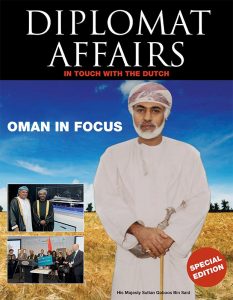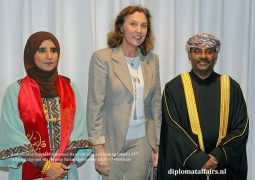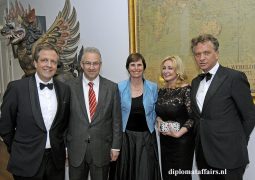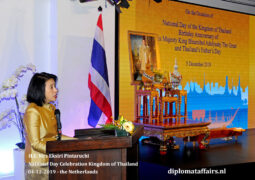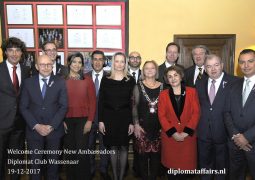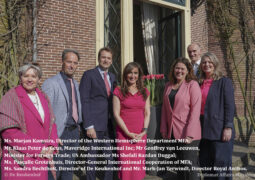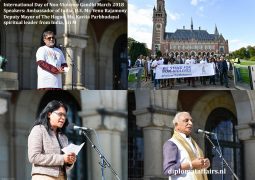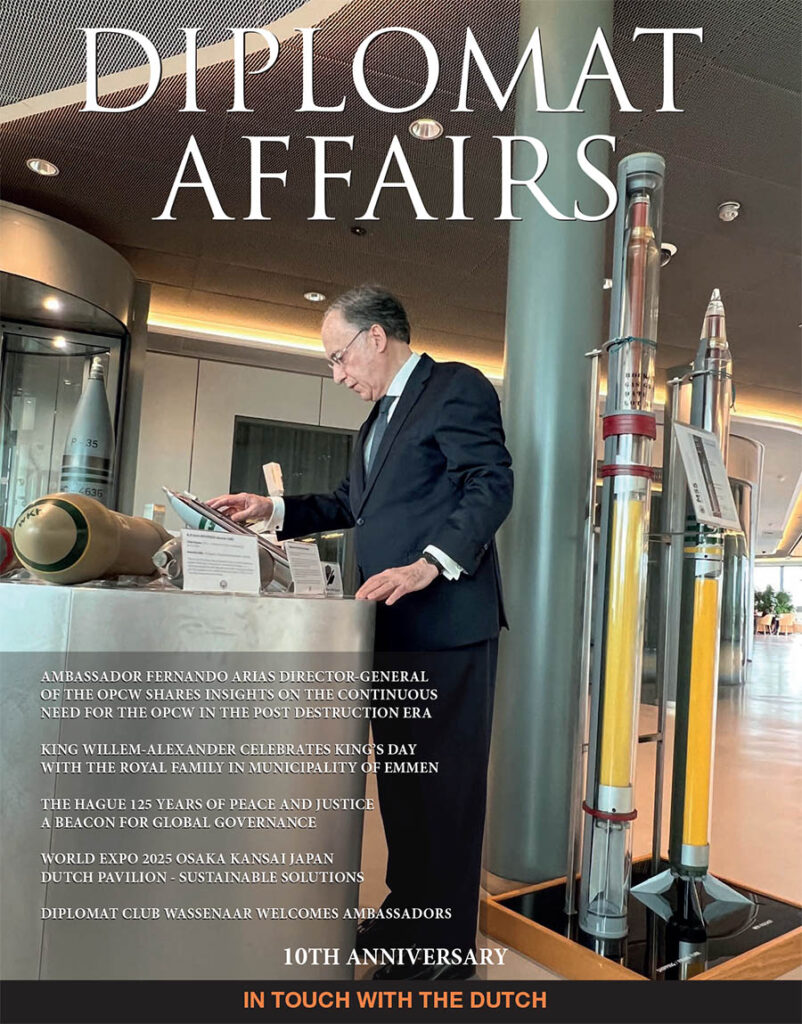Oman’s Post-Oil Generation and Business Opportunities for Entrepreneurs.
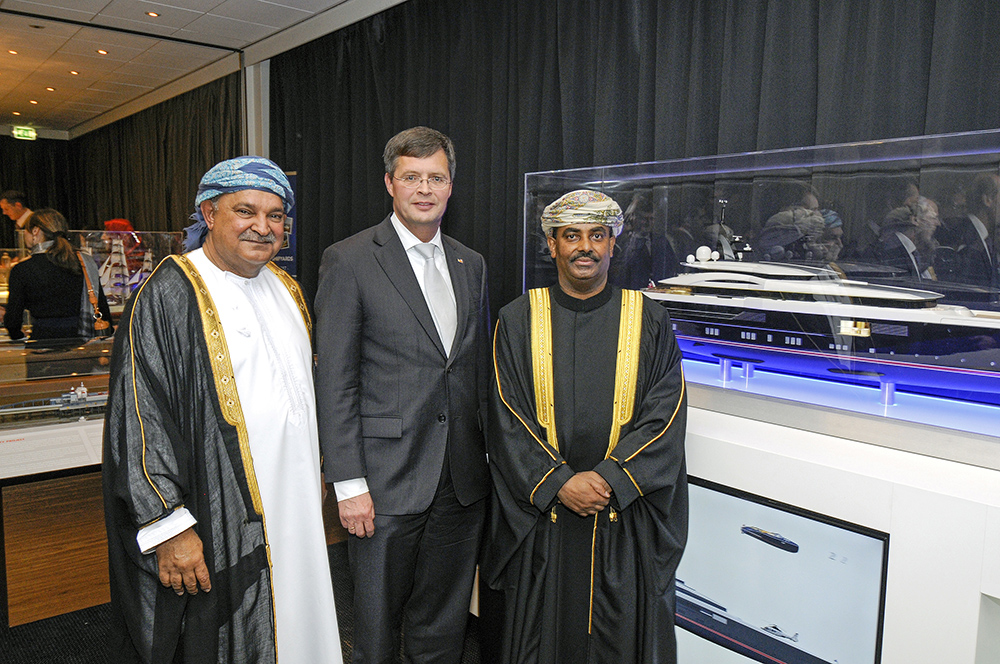
On Thursday 1st September 2016, I hosted a dinner at my Residence in Wassenaar in honour of the visiting Omani business delegation members who won a competition organised by the Netherlands Embassy in Muscat. The competition was part of the Oman Netherlands Business Innovation Forum on Transport, Innovation and Maritime Affairs. The event was also attended by Mr. Wilhelmus Heeren former CEO of Jan de Rijk and the current Chairman of the Executive Board of DINALOG and a number of officials from the Netherlands Ministry of Foreign Affairs.
Many young Omani nationals are working towards a future that is not dependent on oil as the country’s main source of income. The post-oil generation are articulate and intelligent and are constantly keeping abreast of the technological developments and changes that are taking place in the global market. They are ambitious as well as innovative and are keen to benefit from other countries experiences and expertise, including from the Netherlands where Dutch inventions are known for their distinctiveness and quality.
His Majesty Sultan Qaboos bin Said Sultan of Oman, is aware that one of the greatest challenges facing young entrepreneurs is finance. Banks and other lending institutions are known to be fiscally conservative and require some collateral assurances before loans are approved. His Majesty’s Government has in recent years addressed this problem by initiating the Al Rafd Fund which helps Omanis to launch their Small and Medium size Enterprise (SME) projects with easy pay-back terms and conditions. Key to the success of the SMEs has been the young entrepreneurs’ academic credentials.
In the past many young Omanis believed that a scholarship or education abroad would open doors to them in the job market and in particular in the public sector. Today, many young Omanis are home-grown talent and possess academic qualifications and language skills and seek employment in the private sector.
The Sultanate is blessed with a diverse and abundant cultural and geological heritage. Tourism will no doubt provide a vital source of revenue for the Omani economy. The Sultanate’s Ministry of Manpower is currently exploring the many vocational training courses in the Netherlands and hopefully in the near future students will be sent to the Netherlands not only for university degrees but also for the outstanding and exceptional vocational training diplomas.
The tourism sector will provide employment for qualified Omanis. The Omani Government has allocated millions of dollars to develop tourism sites. This sector offers opportunities for investors and entrepreneurs. Investment laws have been liberalized to attract foreign investors. Many businesses are now allowed 100% foreign ownership. The number of tourists visiting Oman is expected to increase. Visitors are attracted by the country’s political stability and visitor security, in addition to the range of diverse activities: rock climbing, snorkelling, observing dolphins in their natural habitat and visiting the 500 forts are just a few of the many attractions.
In recent years one of the fastest growing and expanding sectors has been logistics. Logistics offers nationals employment opportunities, and foreign investors’ investment potential. The development of the Port of Duqm has attracted many foreign investors, in particular from Asia. The Port’s location, close to one of the busiest shipping trade routes has resulted in the increase of business delegations, including entrepreneurs from the Netherlands, wanting to explore business opportunities to adapt, grow and profit. The Port of Duqm and the Sohar Industrial Port (which is a 50/50 joint venture between the Government of Oman and the Netherlands Port of Rotterdam) together are important gateways to nearly 4 billion consumers.
In conclusion the Sultanate of Oman with its modest oil reserves has had to embark on a sustainable economic development programme which necessitates diversifying its source of income. The post-oil generation will need to be more involved in SMEs ventures which currently accounts for the employment of only 20% of the working population. There is general optimism that the liberalisation of investment laws will lead to greater foreign direct investment and provide employment opportunities for young Omani nationals in the non-hydrocarbon sector.
H.E. Sayyid Mohammed Harib Al Said Ambassador of the Sultanate of Oman.
- Previous Enhancing Indo-Dutch Connectivity & Connections
- Next A ‘Cathedral of music’ for a World of Peace, Humanitarian activist and defender of Human Rights at Peace Palace
You may also like...
Sorry - Comments are closed

